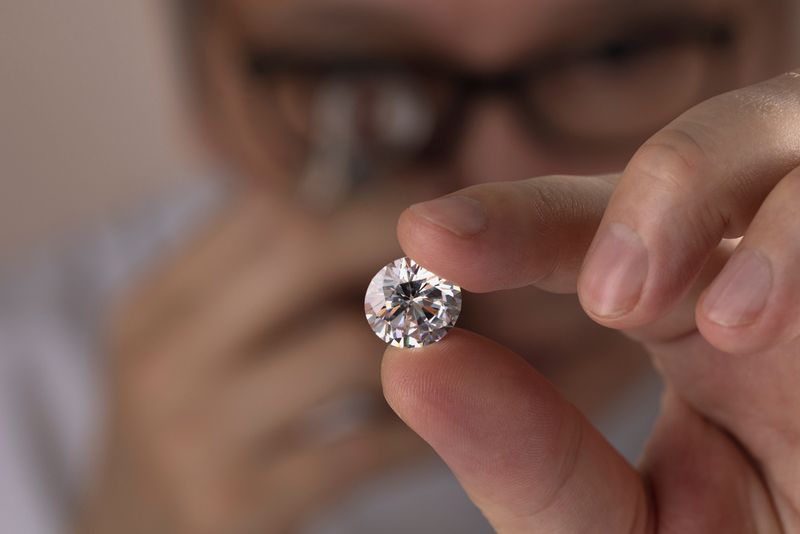Romantic relationships are known to have many benefits, but they can sometimes also threaten a person’s sense of independence, individuality, and autonomy. Now, researchers have developed a quick questionnaire to measure levels of individuality in your relationship, which can help develop healthier dynamics.
What is individuality in a relationship?
Most adults will experience at least one committed intimate relationship during their life, the benefits of which can include a sense of connection and security. However, such relationships can also have effects on one’s sense of individuality and identity outside of being an intimate partner. Close romantic relationships can also obstruct our time for individual needs, such as seeing friends, pursuing career goals, or just having some alone time.
Not only are these factors important for many people, but their presence in a relationship can also make a big difference to both the couple’s personal health as well as how healthy their connection is.
Couples who exist in a relationship where they are too concerned and involved in the other person are referred to as being in an “enmeshed” relationship. Within this dynamic, an individual stops seeing their partner for who they are, but rather as an embodiment of what they “need” that person to be. Enmeshed couples try to control each other’s behaviors and thoughts, often unsuccessfully.
In contrast, healthy relationships allow each partner to be their authentic self, which enables emotional sharing and the ability to express vulnerability without fear of criticism.
How do you measure individuality in a relationship?
For decades, psychologists have had multiple theories on how respect for individuality in romantic relationships is equally as important as closeness and intimacy. But to date, the specific manifestations of individuality have been absent from their theories. This, the authors of the new questionnaire argue, is because there has been “no valid and reliable scale of individuality in couples” to base it on. As such, The Individuality in Couples Questionnaire was developed by Dr Rebecca L. Brock and colleagues and published in a 2023 paper, and is meant to be the first step to bridge this gap.
It offers a scale upon which to measure the extent whether “someone feels respected for their individuality by their partner and experiences personal autonomy in the relationship,” Brock and colleagues state in their paper. By taking the questionnaire, “each partner will perceive the degree to which they are free to be themselves in the context of the intimate relationship.”
They started by establishing an item pool to capture the “core facets” of individuality in couples, that essentially boils down to “respect for individuality and autonomy support”. This was created by drawing on the limited existing work in this area.
The researchers then completed an exploratory factor analysis based on a large sample of undergraduates who had relationships of varying lengths. This was then subsequently tested on a separate community sample to make sure the factor structure was valid for people in much longer, committed relationships and from more diverse backgrounds than the undergraduate population.
The results showed that the 25-item scale Individuality in Couples Questionnaire they created had “strong psychometric properties”. They found that the questionnaire had high internal consistency, applicability, and predictive validity, among other things.
However, the authors admit that there is still a need to test their questionnaire on a broader, more diverse sample – especially among sexual and gender minority groups and those who identify as racial and ethnic minorities. They also note that the questionnaire should be considered carefully when administered to people from different cultural backgrounds, as the values of individualism may be less significant than those associated with collectivism. Finally, couples in different stages of their relationships may experience different degrees of individuality, and the need for it, at different times.
Nevertheless, the questionnaire’s impact looks promising. “Importantly,” the authors note, scores on the questionnaire “were highly correlated with other measures of relationship quality, suggesting that this construct might reflect another key dimension of intimate relationships that has been largely overlooked in past research.”
“Further, individuality in couples might emerge as an important catalyst for developing a strong degree of intimacy and trust in the relationship. If so, this has important implications for couple interventions given that intimacy is a central dimension of relationship quality, having strong relations with other relationship dimensions such as conflict management, support, and sexual quality.”
Psychology Today has provided a useful breakdown of the questionnaire you can take yourself.
The content of this article is not intended to be a substitute for professional medical advice, diagnosis, or treatment. Always seek the advice of qualified health providers with questions you may have regarding medical conditions.




